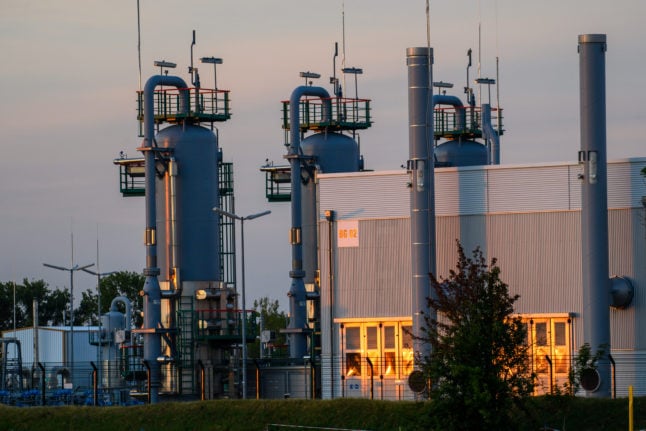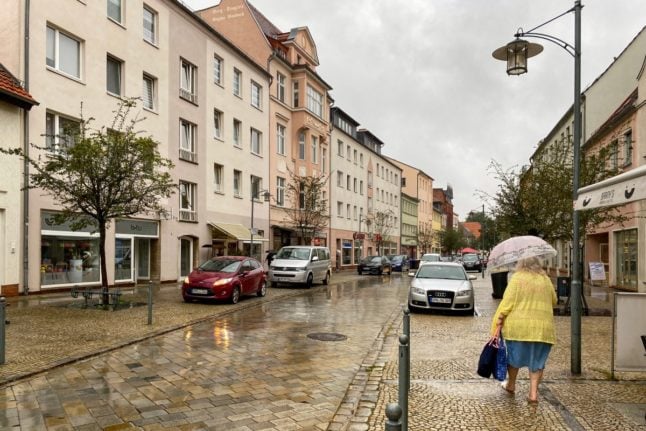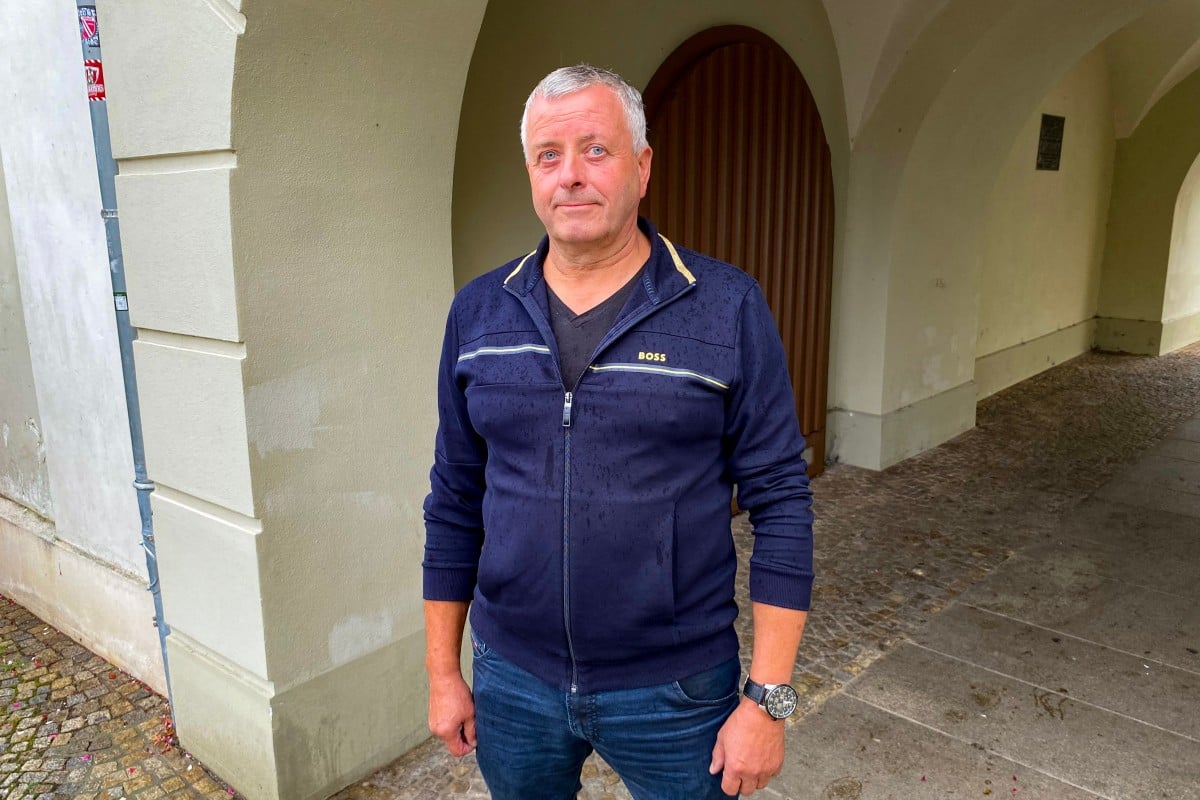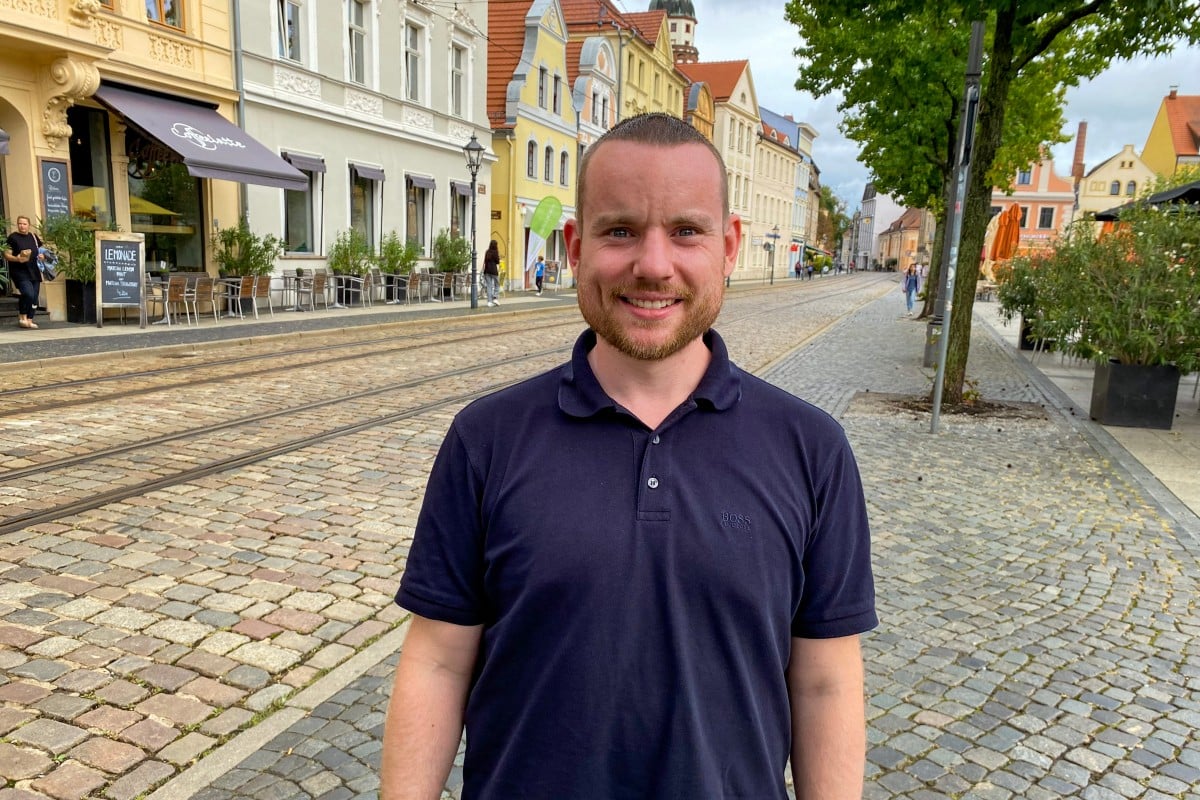“We need liquidity for municipal services, which need to buy gas at up to prices that are 10 times higher than previously,” a VKU spokesman told AFP.
“We’re talking about a sum in the mid tens-of-billions range,” he said, adding that talks were ongoing with the government to plug the gap.
Russia’s war in Ukraine has triggered an earthquake on European energy markets, cranked up the pressure on suppliers and raised fears of possible shortages over the winter.
Germany, as Europe’s top economy has found itself particularly exposed due to its previous heavy reliance on Russian energy imports.
Soaring power costs have hit the country hard as it seeks to pivot to other sources.
Municipal utilities companies cannot pass on the rising costs to clients, who “are simply unable to pay” the difference, said the spokesman, stressing that it was necessary for the federal government to step in.
Chancellor Olaf Scholz’s government this week nationalised energy giant Uniper to stop it from going under.
Earlier in September, the German government entered into discussions with another gas supplier, VNG, over a possible bailout package.
READ ALSO: Germany reaches deal to nationalise troubled gas giant Uniper





 Please whitelist us to continue reading.
Please whitelist us to continue reading.
Member comments